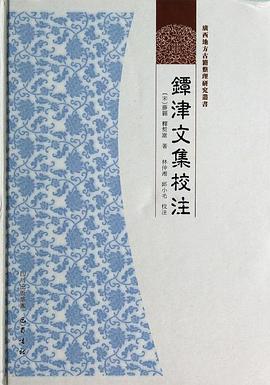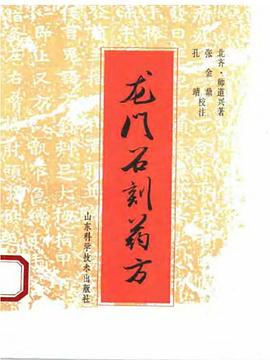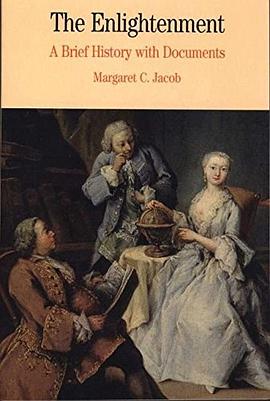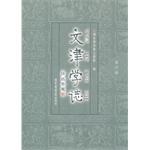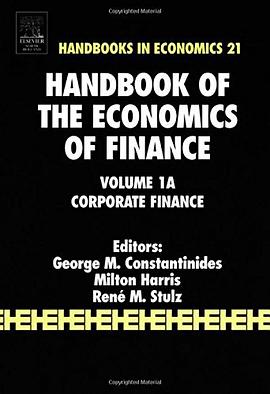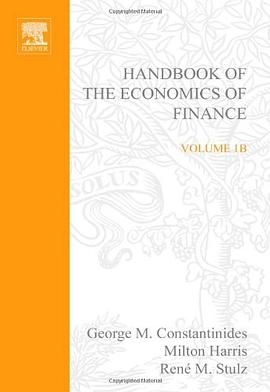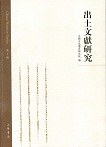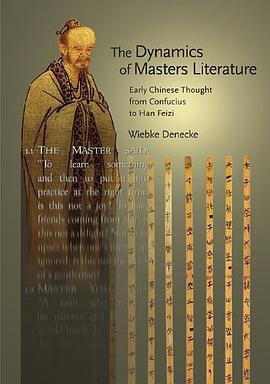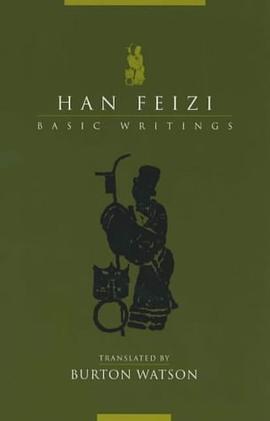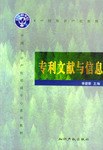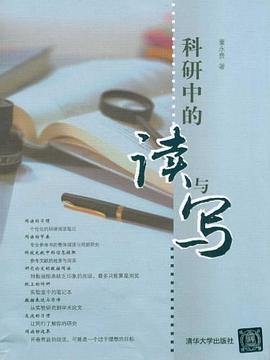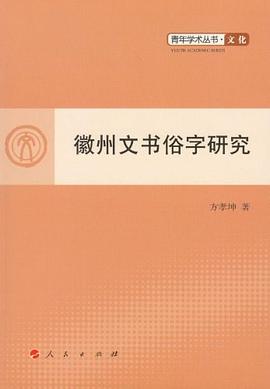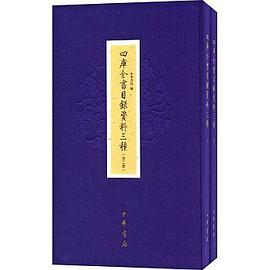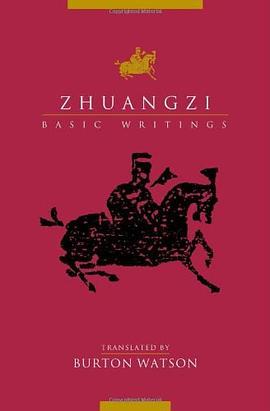

具体描述
Only by understanding Dao (the Way of Nature) and dwelling in its unity can humankind achieve true happiness and freedom, in both life and death. This is the central tenet of the philosophy espoused by Zhuangzi (369?-286? B.C.) in the book that bears his name. A leading philosopher of the Daoist strain, Zhuangzi used parable and anecdote, allegory and paradox, to set forth the early ideas of what was to become the Daoist school. Witty and imaginative, enriched by brilliant imagery, and making sportive use of both mythological and historical personages (including even Confucius), this is a timeless classic.
作者简介
目录信息
读后感
评分
评分
评分
评分
用户评价
这本书对我个人生活的影响,体现在一种微妙的“松弛感”上。我不再像以前那样,事事都要追求一个明确的结果,也不再为那些无法掌控的因素而过度忧虑。这种改变,不是因为我变得不负责任,而是因为我开始理解了“变化”是宇宙的唯一常数。书中那些关于“变化”和“无常”的论述,不是带来宿命论的悲观,反而赋予了我一种坚韧的乐观。每一次挫折,都可以看作是事物形态的一次自然转变,就像水流经不同的河道,形态各异,但本质未变。我发现自己对那些世俗的成就和赞誉,兴趣减退了许多。过去的追求,很多时候是基于外界的期望,而这部作品则不断引导我向内看,去探寻那种不受外物干扰的内在宁静。它让我开始珍视那些日常中容易被忽略的“瞬间”——比如独坐时的那份寂静,或者偶然瞥见的一片云彩的飘动。这些瞬间,在书中的智慧光芒下,被赋予了近乎永恒的意义。它不是一本用来“读完”的书,而是一面可以随时拿出来映照自身状态的镜子,每次拂拭,都能看到更清晰的自我。
评分这本书的语言风格,怎么说呢,有一种非常古老而又极其现代的悖论感。它读起来不像是在翻阅历史文献,更像是在与一个穿越了千年的智者进行一场酣畅淋漓的、充满机锋的对话。那些排比和对偶的使用,达到了近乎音乐的韵律,即便是在讲述极其抽象的概念时,也不会让人感到枯燥。我注意到作者非常善于使用夸张的手法,将事物推向极致,比如那个“形神俱忘”的状态,他描述得如此生动,让我几乎能感受到那种灵魂脱离肉体的轻盈与超脱。这种叙事上的张力,让人欲罢不能,你仿佛跟着文字在云端漫步,忽而又被重重地抛回泥土,体验着人世的琐碎与荒谬。然而,最让我印象深刻的是它对“无用之用”的深刻洞察。在充斥着效率和功利主义的今天,它以一种近乎叛逆的姿态,赞美那些看起来一无是处的存在——比如那棵因为巨大而没人砍伐的树。这不仅仅是一种浪漫主义的感叹,而是一种深刻的生存智慧,它提醒我们,真正的价值往往隐藏在主流目光之外,只有当我们不再急于证明自己的有用性时,我们才能真正获得自由。这种对“浪费时间”的颂扬,对我这个时刻紧绷着神经的现代人来说,简直是醍醐灌顶。
评分我对这本书的结构感到非常惊奇,它不像一本有明确线索的小说,更像是一系列精美的、互相映照的万花筒。每一篇都是一个独立而完整的世界,但当你把它们并置在一起时,你会发现它们之间存在着某种深不可测的共振。我尝试去寻找一个统一的主题,结果发现,主题本身就是流动和变化不定的。今天我觉得它是关于个体与社会规范的抗争,明天我又觉得它探讨的是时间与永恒的辩证关系。这种多义性是它最迷人的地方,它拒绝被单一的标签锁定。更让我感到震撼的是,它对“齐物论”的阐述,那种试图打破一切对立面(美与丑、是与非、大与小)的努力,虽然在逻辑上似乎是无法实现的乌托邦,但在精神层面上却具有强大的疗愈作用。它让我开始怀疑自己固有的判断体系,那些曾经让我深信不疑的对错标准,在它那充满智慧的戏谑面前,显得如此的脆弱和可笑。这本书需要反复地、带着不同的心境去阅读,因为每次重读,它都会呈现出不同侧面的光芒,就像一块多切面的宝石,从不同的角度审视,都会有全新的视觉震撼。
评分这部作品简直是一场思维的探险,它没有给我一个明确的地图,而是扔给我一堆色彩斑斓的碎片,让我自己去拼凑出一个属于我的宇宙。初读时,我感到一种近乎眩晕的自由,那种感觉就像突然被推入一个无边无际的海洋,没有岸,也没有可以抓取的浮木。书中那些看似荒诞不经的寓言,比如大鹏展翅与麻雀的志向之别,或者那一口咬下去的朽木与美味的区分,它们都不是在告诉我“应该”怎么做,而是在温柔地提醒我,“也许”还有另一种观看世界的方式。我尤其喜欢那种对僵硬教条的嘲讽,它像一把锋利的小刀,不动声色地划开了那些我们习以为常的界限和定义。比如“道”的不可言说,这比任何一本厚重的哲学导论都要来得更有力量,因为它不是在定义,而是在邀请你亲自去体验那种“无名”的境界。读完一个章节,我常常会放下书本,怔怔地看着窗外,世界似乎在瞬间被重新渲染了色彩,那些平日里视为理所当然的逻辑链条,突然变得松动而富有弹性。它不提供答案,它提供的,是更深层次的好奇心,一种对“为什么”的持续追问,以及对“是什么”的彻底放下。这种阅读体验,与其说是吸收知识,不如说是一次对自身认知框架的彻底解构与重建。
评分读完此书,我有一种强烈的感受,那就是作者对“自然”的理解,已经超越了我们今天所说的生态学范畴,它是一种形而上的、宇宙性的秩序。书中的描绘充满了动态感,万物都在遵循着某种不可抗拒的内在节奏运行,人类的意志和规划,在宇宙的宏大背景下,显得如此微不足道,甚至有些滑稽。我特别喜欢那些关于梦境和蝴蝶的比喻,它们巧妙地模糊了主体与客体、清醒与沉睡之间的界限。这种哲学上的“去中心化”处理,极大地拓宽了我的视野。它不是教你如何去控制自然或改变世界,而是教你如何优雅地融入这种无序的、却又井然有序的洪流之中。这种“顺其自然”并非消极避世,而是一种积极的、基于深刻理解的“不作为”的智慧。它教会我,很多时候,我们越是努力去“抓住”某些东西,反而会失去更多;真正的获得,往往发生在我们松开双手,接受一切发生的时刻。这种态度,对于对抗现代社会的焦虑感,有着立竿见影的效果。它像一股清凉的山泉水,洗涤了心灵深处的尘垢,让人重新认识到生命的本真与纯粹。
评分To be frank, it's understandably not a very sophisticated piece of translation given the obvious hardship in interpreting the spirit of the ancient Chinese philosopher.
评分To be frank, it's understandably not a very sophisticated piece of translation given the obvious hardship in interpreting the spirit of the ancient Chinese philosopher.
评分To be frank, it's understandably not a very sophisticated piece of translation given the obvious hardship in interpreting the spirit of the ancient Chinese philosopher.
评分翻譯的微雷,不過不容易了。。。
评分To be frank, it's understandably not a very sophisticated piece of translation given the obvious hardship in interpreting the spirit of the ancient Chinese philosopher.
相关图书
本站所有内容均为互联网搜索引擎提供的公开搜索信息,本站不存储任何数据与内容,任何内容与数据均与本站无关,如有需要请联系相关搜索引擎包括但不限于百度,google,bing,sogou 等
© 2026 book.wenda123.org All Rights Reserved. 图书目录大全 版权所有


